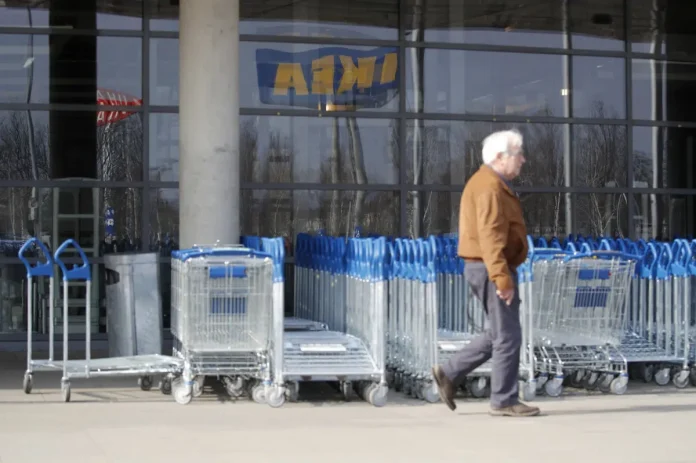Furniture manufacturer IKEA is set to pay 6 million euros to a state compensation fund for victims of forced labour during the time of communist rule in Germany.
In a statement this week, IKEA Germany announced that it would voluntarily contribute €6 million (roughly $6.5 million) to a new state fund set up to compensate victims of the East German dictatorship. The payment is the result of years of negotiations between the company’s German subsidiary and the Union of Victims’ Associations of Communist Dictatorship (UOGK), according to a company statement.
Walter Kadner, CEO and Chief Sustainability Officer at IKEA Germany, said:
We deeply regret that products for IKEA were also produced by political prisoners in the GDR. Since it became known, IKEA has consistently worked to clarify the situation. We have given our word to those affected that we will participate in providing support. We therefore welcome the implementation of the hardship fund and are pleased to be able to keep our promise.
IKEA is one of many companies profiting from the forced labour of prisoners in communist Germany, according to UOGK. Former UOKG chairman Rainer Wagner warned in 2012 that IKEA was only “the tip of the iceberg,” calling for companies to pay compensation to former prisoners who still bear the psychological scars of imprisonment and forced labour.
The former East Germany was ruled by the Soviet Union from 1949 to 1990, which established a communist government known as the German Democratic Republic, or GDR. Tens of thousands of its prisoners were forced to work in factories, making it a key location for cheap labour that benefited many Western companies. The prisoners produced furniture for IKEA back in the 1970s and 1980s.
During the Cold War, prisoners were forced to assemble disassembled furniture for IKEA. Decades later, the revelations appeared in Swedish and German media, prompting the company to investigate. IKEA officials at the time were probably aware that political prisoners were being used as additional labour, according to an investigation report by auditors Ernst & Young.
